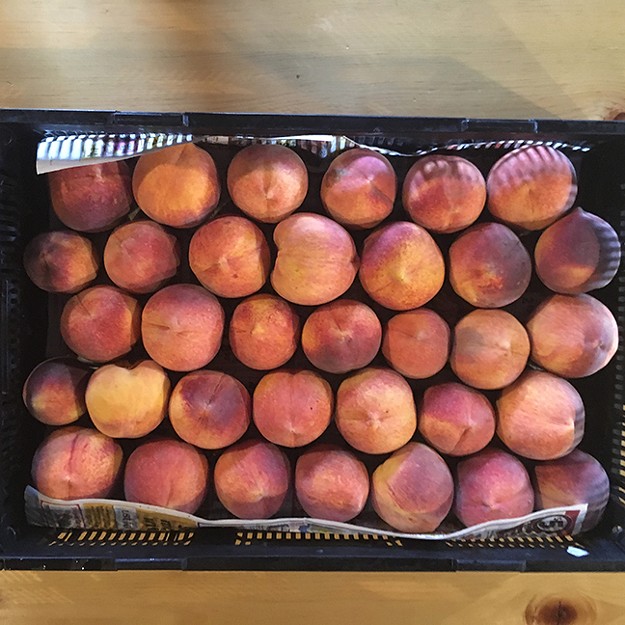In the News: Professors Rani Olson and Melanie Hingle on Tucson's Food System
peaches.jpeg

An article in the latest issue of the Tucson Weekly examines Tucson's food system and its relationship to our local economy after the Great Recession. They talked to two Nutritional Sciences professors - assistant professor of practice Rani Olson and assistant professor Dr. Melanie Hingle - about nutrition and food insecurity among our children and families and about national and local efforts to improve access to nutritious food.
"It's hard to talk about trends and successes in our food system over the past decade without paying homage to the magnitude former First Lady Michelle Obama had in shaping it," said Ms. Olson, who worked to make TUSD school lunches healthier before she joined the University of Arizona's Nutritional Sciences department as the head of our new Nutrition and Food Systems degree. "The work is not over, but today there's a whole heck of a lot less selling of the value of programs [like Let's Move!, Healthy Hunger-Free Kids Act, and Farm to School] than there was a decade ago."
Dr. Hingle has been doing research with the Community Food Bank of Southern Arizona to develop ways to help food-insecure families improve diet quality and reduce the risk of diet-related disease like diabetes and obesity. She summed up one of the biggest issues facing Tucson's food-insecure populations: "Diet quality is the biggest single contributor to chronic disease burden, but it is also the single biggest opportunity for prevention." She and her colleagues at the Community Food Bank hope to build a "culture of health" in southern Arizona. "[It's one] in which all Arizonans have the opportunity to make healthy choices consistent with their beliefs, customs, and core values," she said.
Read the full article on the Tucson Weekly's website.

